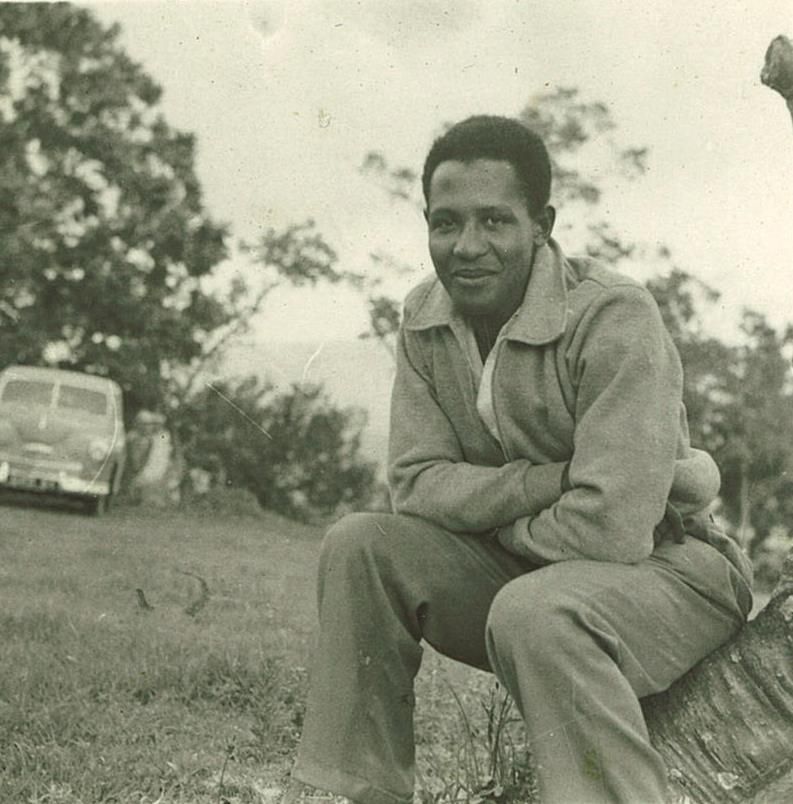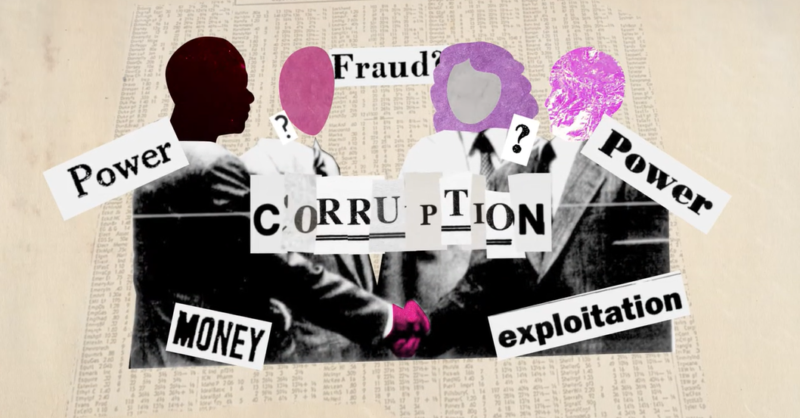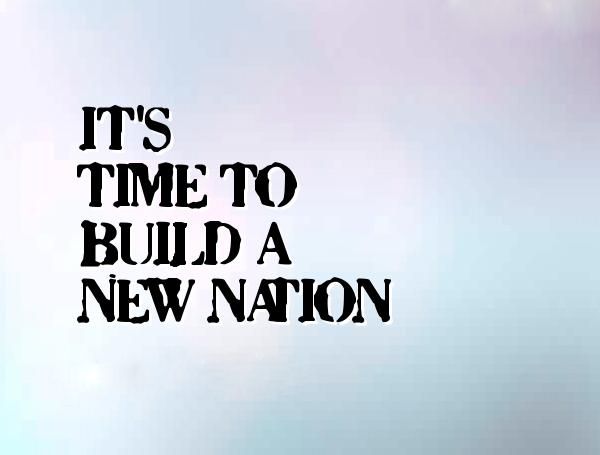It is unclear when Henry Muwanga Christopher Barlow wrote the poem 'Building the Nation' but it has been published in a number of anthologies. Its earliest publication is in 1970 in ZUKA: a journal of East African Creative Writings. It was also published in 1989 in David Rubadiri's Growing up with poetry. Henry Barlow also included the poem in his collection of poems published in 2000 and titled Building the Nation and Other Poems. Henry Barlow started writing in the mid-1940's as a secondary student at King’s College Budo. He later became a Permanent Secretary in Uganda between 1963 to 1976 and again from 1981 to 1987. But although he was a civil servant, poetry was his life's passion. Henry Barlow died at the age of 77, on the 20th of August 2006.

The poem Building the Nation by Henry Barlow is a 'melancholic humor' filled poem in which the speaker (drenched in poverty and starvation), has to witness the ridiculousness of people in power that claim to work under the guise of building the nation, but are actually serving their interests. Henry Barlow draws two contrasting speakers; the main speaker is a driver to a permanent secretary and in whose point of view the poem is presented, versus the permanent secretary who the reader gets to hear from later in the poem. This contrast easily depicts the economic gap between the standards of living of the public and public servants.
This poem is set in post-colonial Uganda. Like most countries in Africa, after attaining independence from colonialism, resource allocation in Uganda saw a major imbalance where a few people in power belonged to the high economic class while a big percentage of the republic were ravaged in poverty. With the careful use of satire, Henry Barlow paints the grotesque picture of what the government is like: survival for the fittest. A picture that 50 or so years later can still be appreciated and found relevant. While fictitious, the poem is political and seeks to challenge the ways of people in power. Stanza one critically attacks the people supposed to “build the nation” and exposes the pretenses under which they purport to be building the nation while the working class is doing their part.

The poem, although written several years ago, remains relevant today in most African countries where public servants feast on sumptuous meals while citizens were involuntarily slim and suffer acute ulcers from hunger. Plainly put, public servants are rich while the public is poor (kind of disrupts the term ‘servant’, doesn't it?). This poem is one that can be appreciated by most working-class people. In my household, we have made it somewhat a mantra and keep borrowing lines from the poem- if one gives their due contribution to simple things like chores it is accompanied with "I have done my part in building the nation". If one has categorically chosen to be lazy and not done their due work then they are reminded of the "permanent secretary" with "ah the pains you suffer in building the nation!" Needless to say, we appreciate this timeless piece of literary work.
Building the Nation is a satirical poem. The tone of the poem starts out calm as the speaker invites us into the poem's universe. Soon enough though, the satire starts to build up as we see the poem's universe through the eyes of the main speaker, a working-class driver speaking to an upper-class government official. The satire then works to extrapolate the disdain a lot of us feel when faced with the inequality of having to live in poverty when government officials live in extravagance and then have the indecency to act as if they care. This is illustrated in stanza 3- "...He yawned many times in the back of the car. Then to keep awake, he suddenly asked, Did you have any lunch friend? I replied looking straight ahead and secretly smiling at his belated concern..."

The symbolism in this poem cannot be missed especially in stanza 2 - "cold bell beer with small talk...wine to fill the hollowness of the laughs...coffee to keep the PS awake on the return journey". The symbols themselves are explained by the speaker which makes the poem an enjoyable read. The beauty of this poem is that it is written simply and its message cannot be missed. While reading, one can almost see the disbelief and pain of the main speaker. The poem hopes to show the reality of imbalance between people in power and those that are not. Its tone remains melancholic yet humorous because after all, the best way to deal with tragedy is to have a good laugh about it (Shakespeare taught me that). As you read this timeless piece of art, it will be impossible not to have a sad chuckle at the inequality in the different pain citizens experience in building their given nation. Go on then, give this poem a read.
